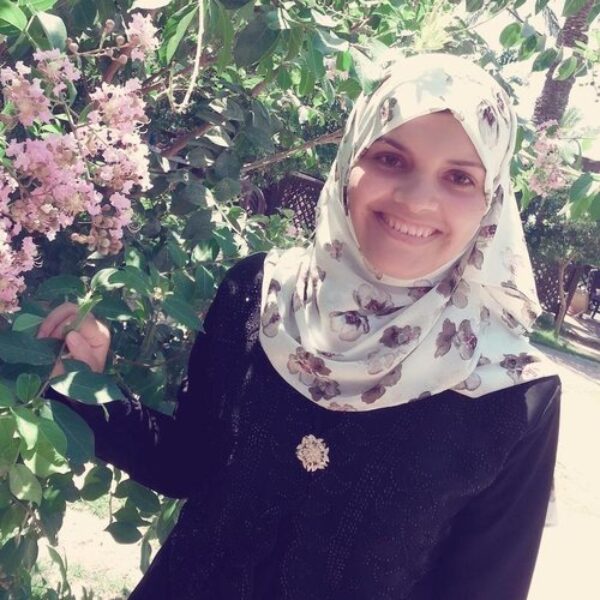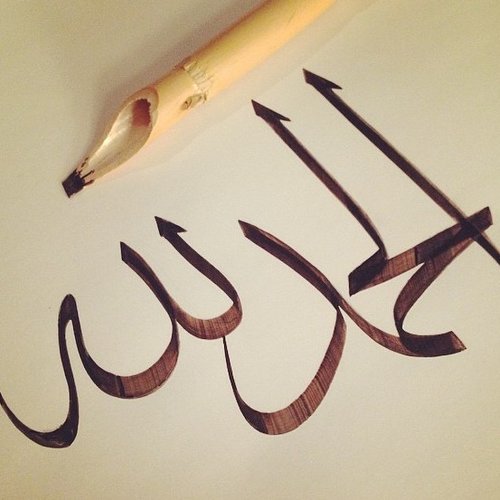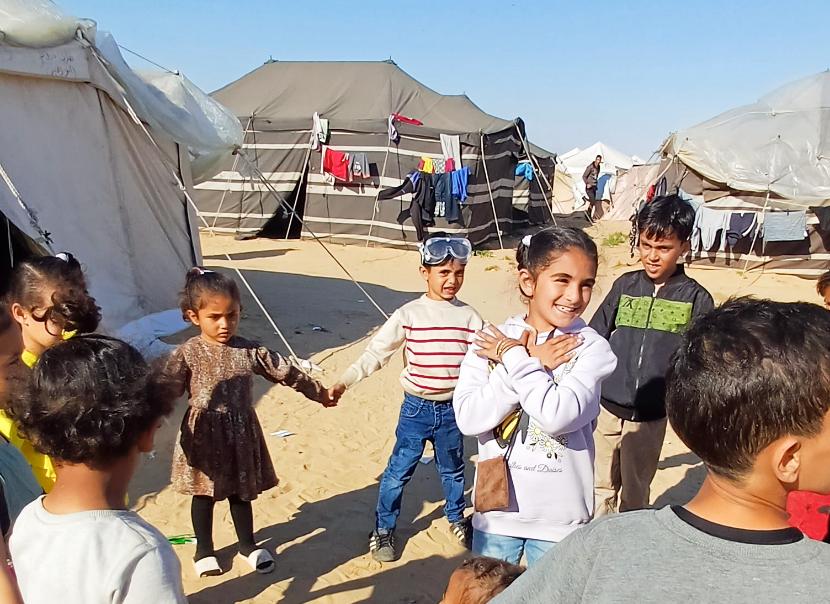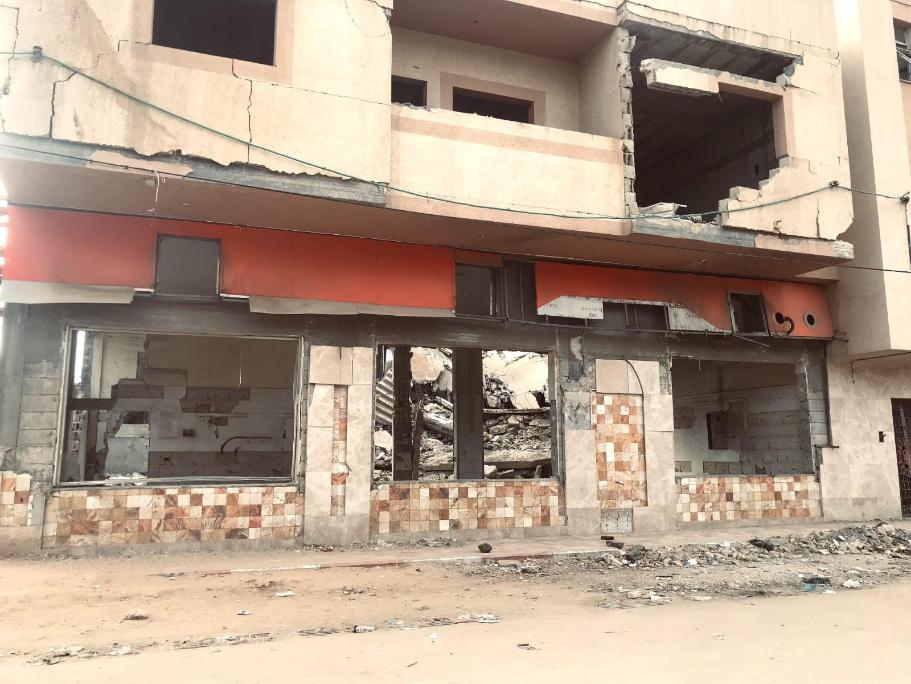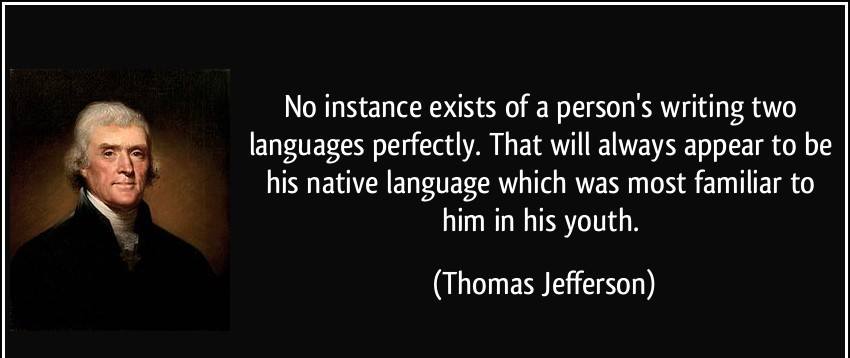
When you take a stroll around your own city, you have many ways to reach your destination. If the main road is blocked, you can try a detour. If you run into any trouble, you know how to get out of it. This is because it's your own “world” and you're familiar with every step. But that's not the case when you live in a city that is not “yours.” It’s the same problem facing Arabs, born with Arabic as their mother tongue, when they write in English. I love English, but I have much more flexibility when I write in Arabic, so many more ways to communicate the same concept but with differences in nuance.
Writing in English
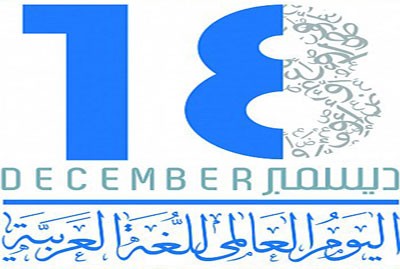
Though I'm an English graduate, I'm an Arabic-biased person. Jen Marlowe, an American author and film director, once asked the team of We Are Not Numbers what we most struggle with when we write in English. My answer was, "I feel I'm not finding the suitable words to perfectly express what I want to convey." It's true that I've learned a lot about the English language and I know how to use it correctly. But still I feel a kind of hesitation when I try to express complex thoughts in English, driving me to check and double check to make sure I am communicating the right meaning and tone. This anxiety is manifested in different four ways:
First, once I'm asked to write a piece in English, I feel stuck and get a sort of mind block, even if I have all the ideas and facts I want to write about in mind. I always face a challenge with deadlines, since I keep waiting for inspiration to knock on the door! An urgent flow of words finally comes—often when the deadline already is upon me.
Second, it’s beautiful to use metaphorical language in writing. But using metaphors with a second language is like having an adventure; you never know if it really “works” until you check it with a dictionary—or better yet, a native speaker. This is where culture comes in as much as language, since metaphors, analogies and “sayings” often only are relevant in certain social contexts.
Third, I struggle with being eloquent in this second language, persuading readers to stick with me all the way until the end. I find it challenging to choose the most powerful words in English, words that enrich the meaning and strengthen the text. Arabic is a very colorful language, in which the “culture” is to embellish and embroider—choosing words that soar. As Susan Abulhawa writes in Mornings in Jenin:
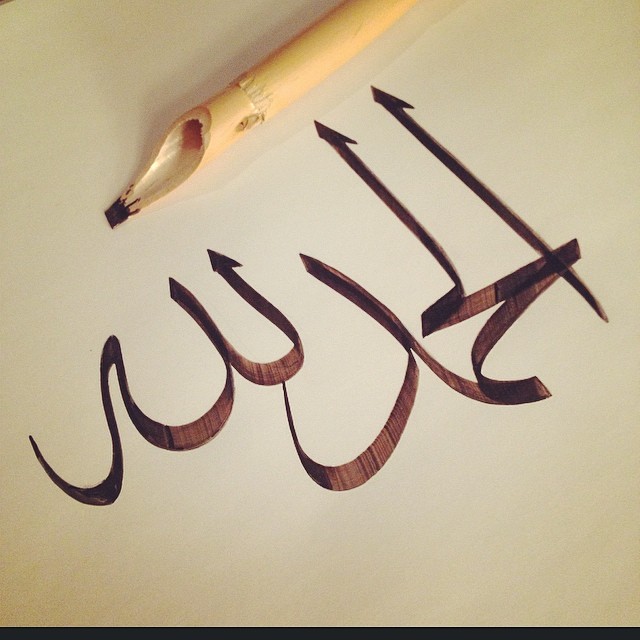
In the Arab world, gratitude is a language unto itself: "May Allah bless be the hands that give me this gift," "beauty is in your eyes that find me pretty," "may God extend your life," "may Allah never deny your prayer," "may the next meal you cook for us be in celebration of your son's wedding…your daughter's graduation…your mother's recovery–and so on, an infinite string of prayerful appreciation. Coming from such a culture, I have always found a mere "thank you" an insufficient expression that makes my voice sound miserly and and ungrateful.
To the English reader from a Western society, however, the same approach is considered excessively wordy and melodramatic. “Less is more!” the director of We Are Not Numbers is always telling us. “Show don’t tell!”
An English learner needs to make a strenuous effort when committing words to paper or computer screen. Is this word the best one? Would a different word be better? Is using this expression acceptable in this context?
Finally, I worry about being understood by my readers. Making sure that the intended message is delivered is the most significant mission. "Will the reader get me right?" is the question that pops into my head after every single sentence.
Writing in Arabic
Writing in Arabic is much easier for me, and is made better by reading the Quran. For us Muslims, the main source of inspiration for eloquence in the Arabic language is the Quran. We consider it the best “teacher” for polishing our language (and thus the tendency to be colourful).
The more you read, the better your writing is (in any language). Reading builds up a sort of spontaneity between the language and you.
A while ago, I asked a Palestinian author about how to become a good writer and he answered, "Reading is the bridge that paves the way for a professional writing." I take advantage of being in love with literature to use that passion to lift my writing to a higher level. Reading enriches the vocabulary, introduces different styles of writing and encourages one to think outside the box. Those who find it easiest to express themselves in English are those who read lots of English books. There are even some Arabs who read so much in English that they have difficulty writing in Arabic, even though it is their mother tongue.
As for me, I’m a fan of Arabic books, and thus I write best in Arabic. I completely trust the language and believe it won't fail me. I feel I have the freedom to “play” with Arabic, without the ever-present fear of being wrong that lurks when I write in English.
When I need to express something personal, dwelling inside, writing in Arabic is, hands down, the best choice.
A final thought
The fundamental question is what makes you feel “at home.” Nevertheless, I still believe we Arabs should master another language apart from our mother tongue and learn how to use it professionally. It amplifies our call for Palestinian liberation, allowing us to be heard.
Mentor: Alex Kane
Published December 18, 2015

